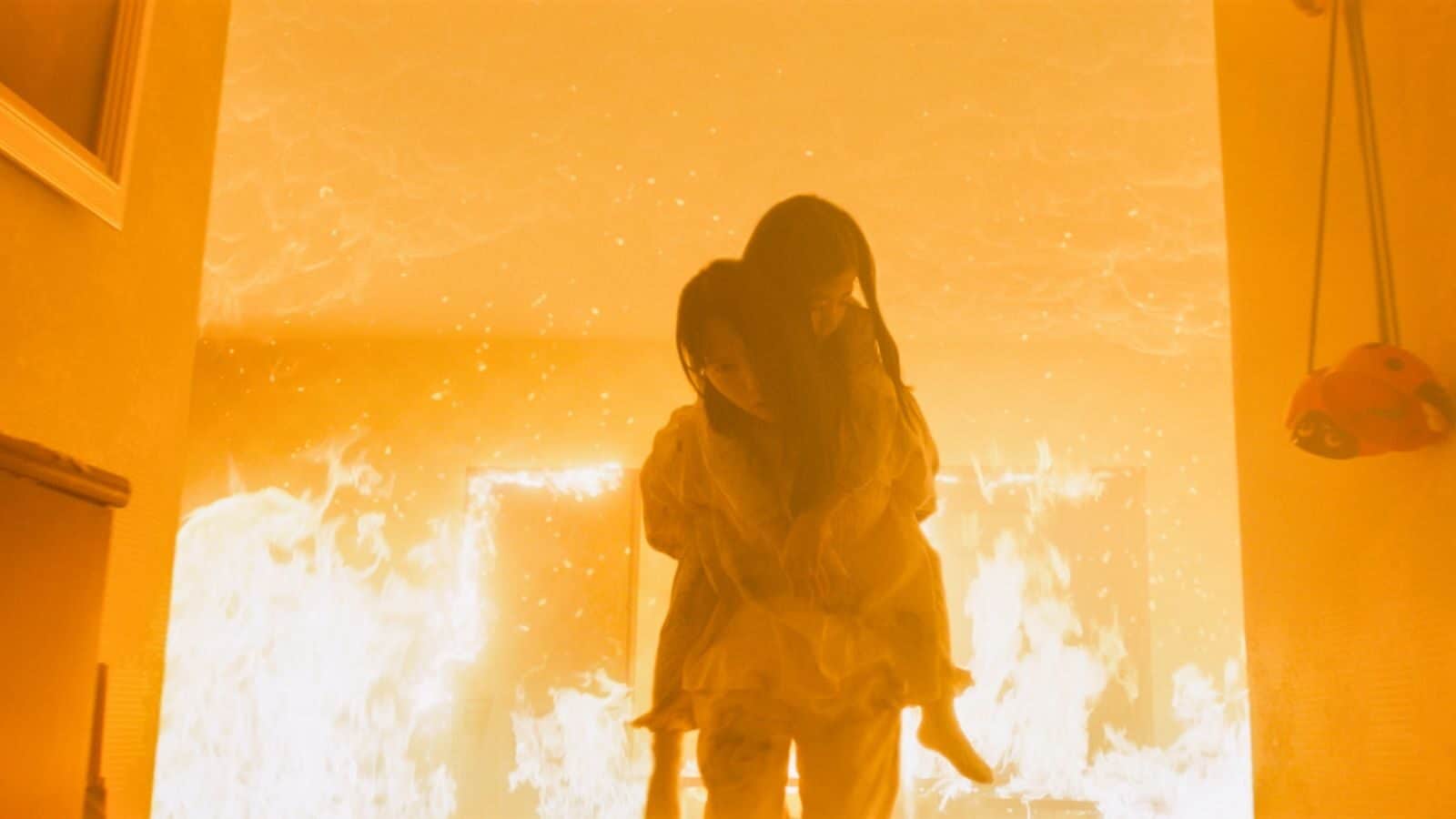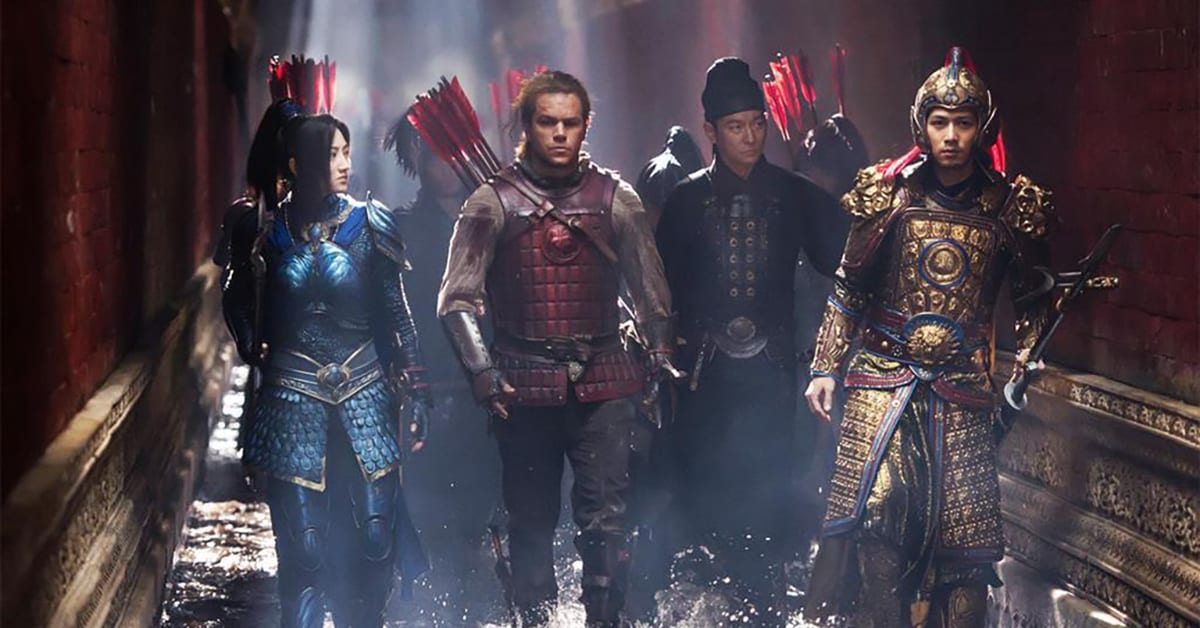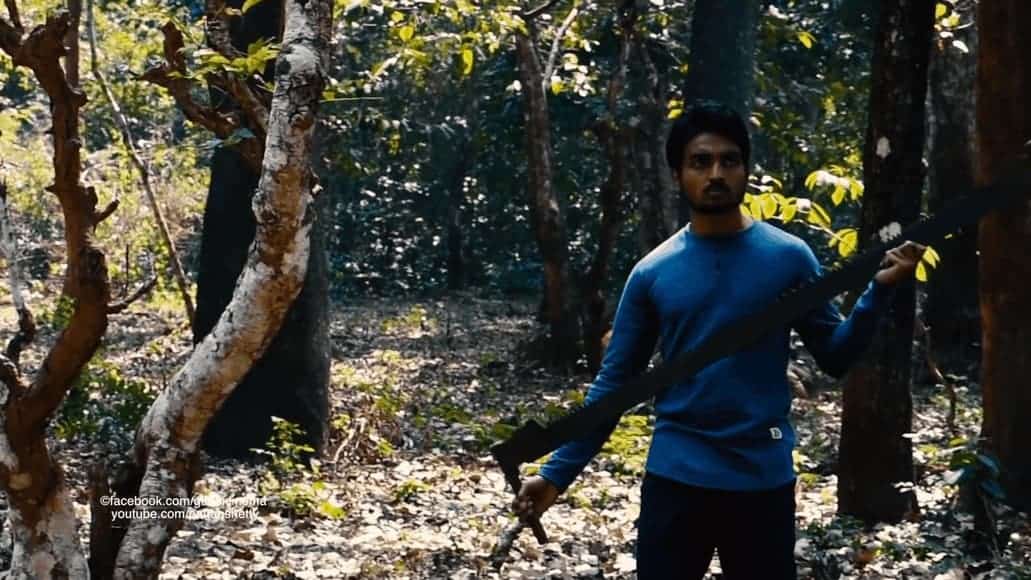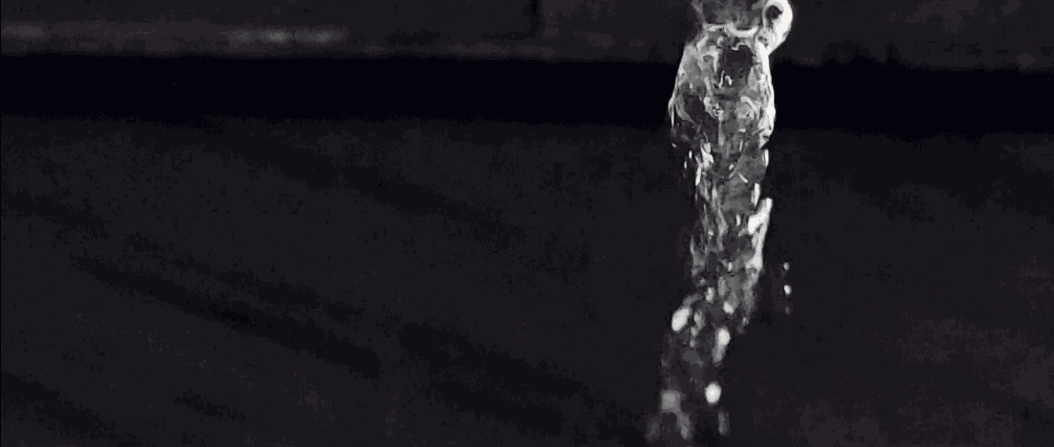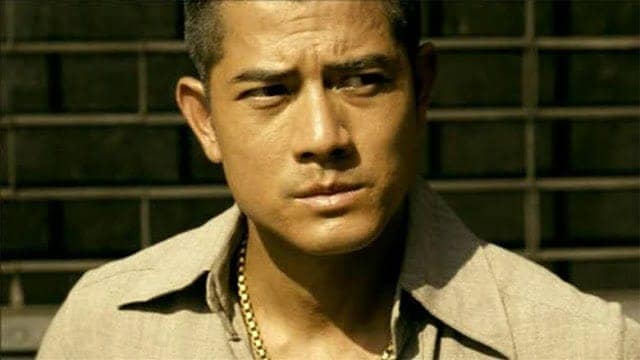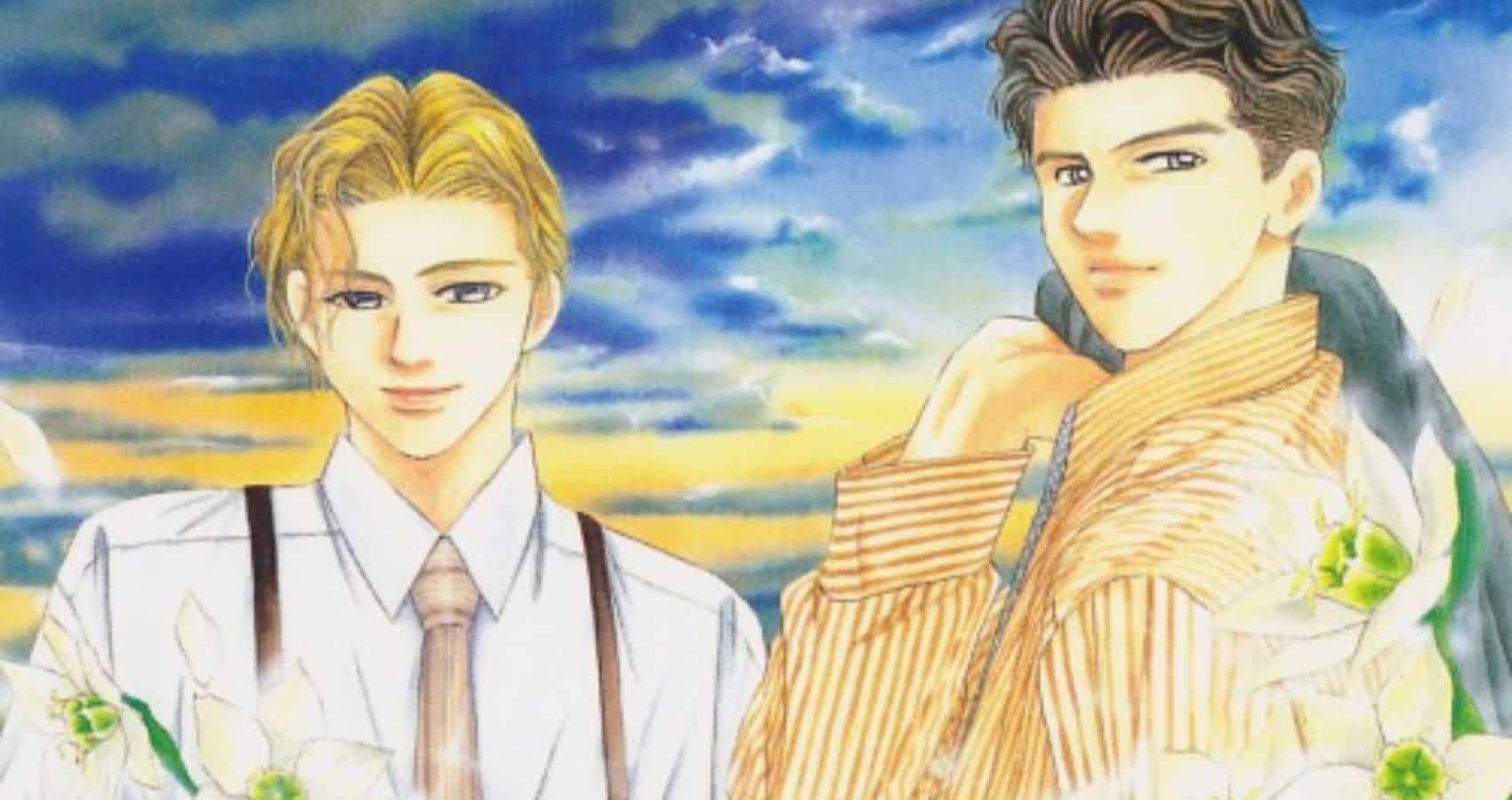Shab-e Yalda or Shab-e Chelleh takes place in the night of winter solstice and is an old traditional festivity, practiced in Afghanistan, Iran and Tajikistan. It is a time to celebrate with the family, to get together, read traditional poetry and connect to the lighting of a big fire which should resemble light and hope in this night which is supposed to be the longest and darkest. According to Iranian director Massoud Bakhshi, the custom has always held a certain fascination for him, rooting back to his childhood when he celebrated Shab-e Yalda with his family in Tehran. The idea of hope as symbolized by the event was also a main inspiration for his 2019 feature “Yalda”, a story about forgiveness, but also how tradition creates a front for repression, antiquated concepts of gender and revenge as well as the exploitation of misery performed by the media.
On the night of the big Yalda celebration in Iran, the producers of “Joy of Forgiveness”, a hugely successful TV show, have come up with a very special event for their audience. Maryam (Sadaf Asgari) is given the opportunity to save her life if she begs Mona Ziaa (Behnaz Jafari), the daughter of the man whose death she had caused, for forgiveness. While Mona shows up just moments before the broadcast starts, Maryam and her family are already in the studio with the young girl being nervous about the kind of image the producers might show of her. After the trial and the press spreading false accusations about her and ruining the reputation of her family, she is quite worried about the way the producers of the show might manipulate their audience.
However, as Mona finally shows up, the Omid (Arman Darvish), the host of the show, begins his routine of inquiring the two women about their past, the murder and their relationship while the audience is able to vote in favor of or against Maryam's forgiveness. While Maryam fights for her life, trying to persuade Mona, who still believes she killed her father just for the money, behind the scenes Ayat (Babak Karimi), one of the show's producers carefully and professionally guides the broadcast, having little empathy for both women.
Throughout the whole story, the two angles Bakhshi follows create a very interesting and at times quite provocative take on various issues. Whereas the TV-show, along with its smooth-talking host, represents a front which praises forgiveness as the highest values, upholds a high moral ground and overall a sense of control, it becomes quite obvious where the real power lies. Babak Karimi's character, whose body language and way of speaking demands obedience, similar to a conductor in an orchestra, represents the real power as well as the true agenda behind the flowery words of the host. Everything he or one of his many worker bees tells one of the woman serves a distinct purpose which, in the end, cares very little about whether 20-year-old Maryam is forgiven or not.
Much like Sidney Lumet's take on the media in his masterful “Network”, Bakhshi's script shows the TV studio as a place of (false) representation, hypocrisy and consequently a mirror image of the hierarchies of power within a state. Both women, Maryam and Mona, have been invited to tell their stories and at least the former finally searches for answers to questions which have plagued her for the time she has been to jail. Ultimately, the power of who tells which story and in what way is not in their hands, since the control room, the editing department, the producers and the audiences holds the real power of what is said and what remains unsaid. “You may ruin your life, but don't you dare ruin my show” is an early statement by Ayat which sums up quite nicely an attitude that cares for representation and showmanship and very little about morals or human lives.
“Yalda” is a provocative second feature by Massoud Bakhshi. Its impactful narrative along with its thematic focus make “Yalda” a movie which its viewer will have a hard time forgetting as it asks questions about the front as well as the real agenda of those in charge, whether they are in the media or in the government.



